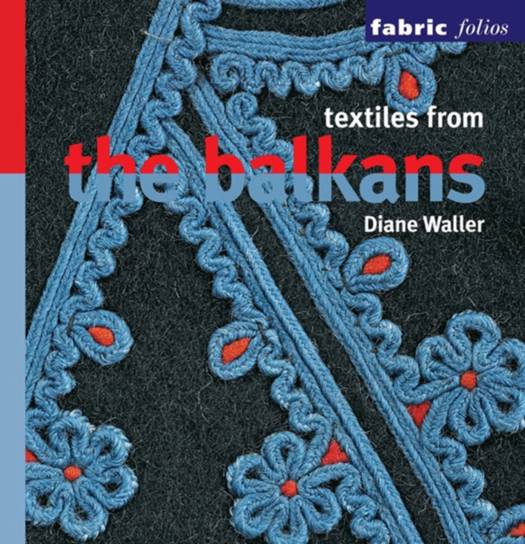
- Retrait gratuit dans votre magasin Club
- 7.000.000 titres dans notre catalogue
- Payer en toute sécurité
- Toujours un magasin près de chez vous
- Retrait gratuit dans votre magasin Club
- 7.000.0000 titres dans notre catalogue
- Payer en toute sécurité
- Toujours un magasin près de chez vous
15,45 €
+ 30 points
Description
This is the first time the British Museum's fascinating collection of Balkan textiles, dating from the late 19th to the mid 20th century and one of the finest in the world, will be published. The book is also the first published overview of the textiles from this region, setting the techniques for making them within their historical and geographical context. The author's personal experience in herself collecting many of the pieces in the field allows her to offer completely new insights into the highly decorated textiles produced by the various ethnic, clan and religious groups of the area. The items range from everyday to festive clothing as well as accessories and textiles for the home. The makers employed a wide range of materials and techniques, including a particularly skilful use of couched embroidery and different ways of weaving. The author also explores the elements of garment shape, colour, motif and symbolism. Diane Waller is Professor of Art Psychotherapy at Goldsmiths, University of London, with a background in fine art, art history and ethnography. She is a recognized authority on Balkan textiles. As the recipient of a Leverhulme scholarship in 1972-3, she lived in Skopje and Sofia, where she started to collect Balkan textiles (the majority now in the British Museum's collection). She curated and wrote the accompanying guide to the 'National costumes of the south east Balkans' (1984), was consultant curator to the exhibitions 'Bulgaria: Tradition and Beauty' (Liverpool Museum and touring,1989) and 'Balkan costume from the Waller collection' (Museum of Mankind, British Museum, 1994-5), and has published on Bulgarian traditional costumes.
Spécifications
Parties prenantes
- Auteur(s) :
- Editeur:
Contenu
- Nombre de pages :
- 87
- Langue:
- Anglais
- Collection :
Caractéristiques
- EAN:
- 9780714125831
- Date de parution :
- 25-05-10
- Format:
- Livre broché
- Format numérique:
- Trade paperback (VS)
- Dimensions :
- 224 mm x 224 mm
- Poids :
- 362 g

Les avis
Nous publions uniquement les avis qui respectent les conditions requises. Consultez nos conditions pour les avis.






